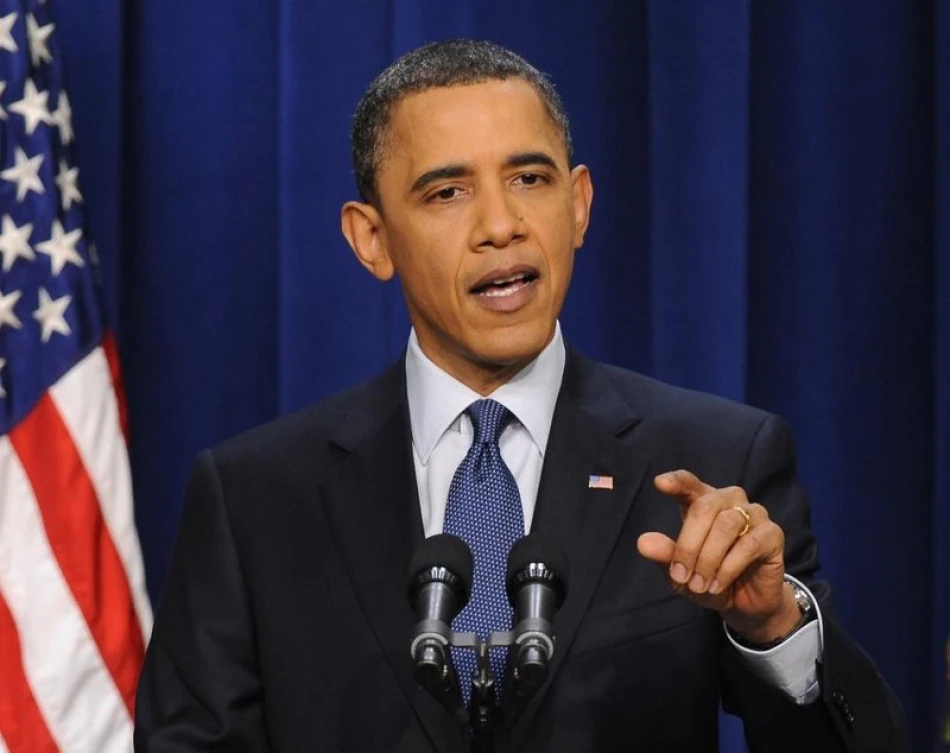
Obama Slams Trump's 'Absurd' Collusion Accusations: A Powerful Rebuttal Amidst Political Tensions
Obama Fires Back at Trump's "Treason" Claims as Political Tensions Escalate
Former President Barack Obama has forcefully rejected Donald Trump's explosive accusations of "treason" and "conspiracy," dismissing them as a "ridiculous and weak attempt at distraction." The clash marks a new escalation in the ongoing political warfare over Russian interference in the 2016 election, with Trump doubling down on claims that his predecessor orchestrated a "coup" against him.
The Accusations and Counter-Response
The latest confrontation erupted after Trump, during a meeting with Philippine President Ferdinand Marcos Jr., accused Obama of attempting to "lead a coup" and committing "high treason." Trump's remarks came in response to questions about potential criminal investigations suggested in a report by National Intelligence Director Tulsi Gabbard.
Obama's office issued a swift and unequivocal rebuttal, stating that intelligence community conclusions about Russian interference in the 2016 presidential election "remain valid." The statement emphasized that these findings were supported by a 2020 Senate Intelligence Committee report led by Senator Marco Rubio, lending bipartisan credibility to the intelligence assessments.
Trump's Expanding Target List
Trump's accusations extend beyond Obama to include former Vice President Joe Biden, ex-FBI Director James Comey, and former Director of National Intelligence James Clapper. He characterized documents as "definitive proof" that Obama "led a conspiracy" with Hillary Clinton and others to "attempt to steal the election."
This represents a significant escalation in Trump's longstanding narrative challenging the legitimacy of investigations into Russian election interference, transforming what were once allegations of bias into direct accusations of criminal conspiracy.
Intelligence Community Consensus Remains Firm
Despite Trump's claims, the intelligence community's assessment of Russian interference has remained consistent across multiple investigations and political transitions. While Russia attempted to influence the 2016 election, previous intelligence analyses confirmed that these efforts did not succeed in changing election results.
Both Special Counsel Robert Mueller's 2019 report and the Senate Intelligence Committee's findings have supported these conclusions, creating a substantial evidentiary foundation that contradicts Trump's conspiracy theories.
Political Implications and Broader Context
This exchange reflects the deepening polarization in American politics, where fundamental questions about election integrity and institutional credibility have become partisan battlegrounds. Trump's willingness to level treason accusations against a former president represents an unprecedented breach of traditional political norms.
For Obama, who has generally maintained a low profile since leaving office, the decision to issue such a direct rebuttal suggests the gravity with which his team views these accusations. The involvement of current intelligence officials like Gabbard in promoting these theories adds another layer of institutional complexity to the dispute.
As these allegations continue to circulate, they risk further undermining public trust in democratic institutions and the peaceful transfer of power that has historically characterized American democracy.
Most Viewed News

 Sara Khaled
Sara Khaled






